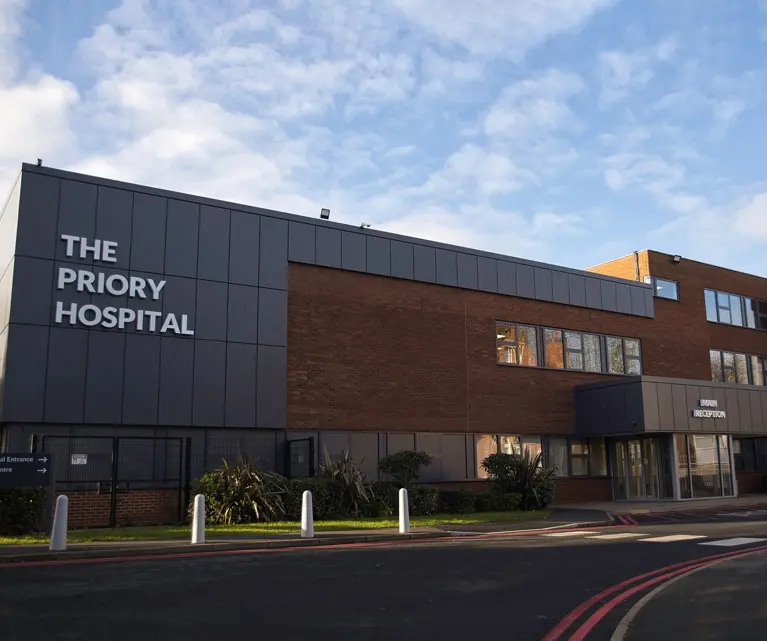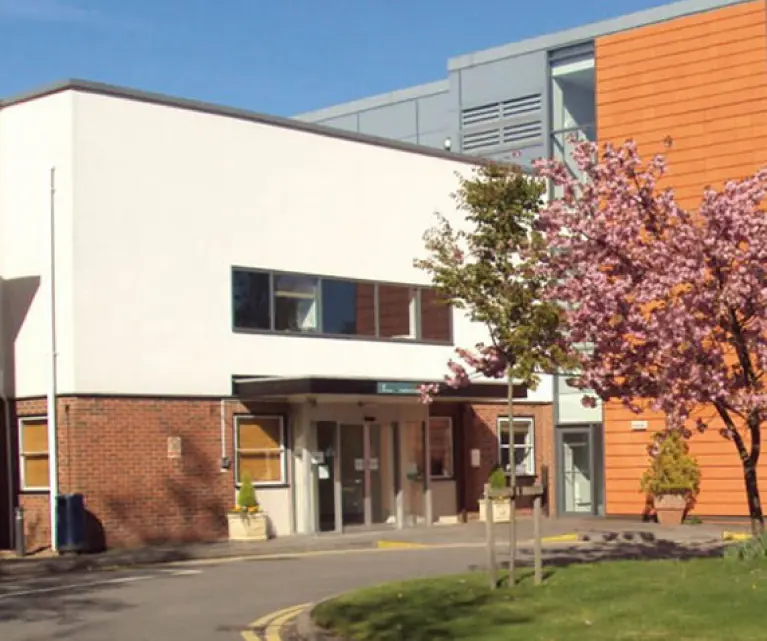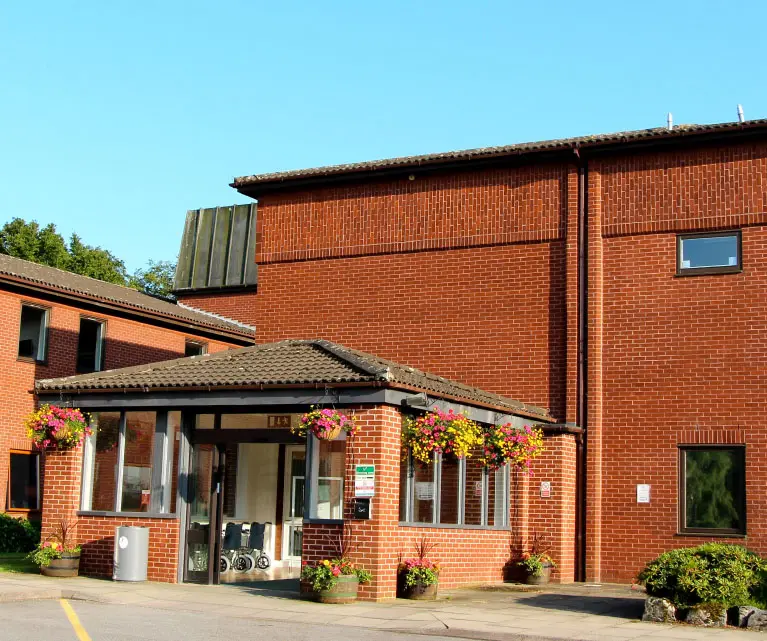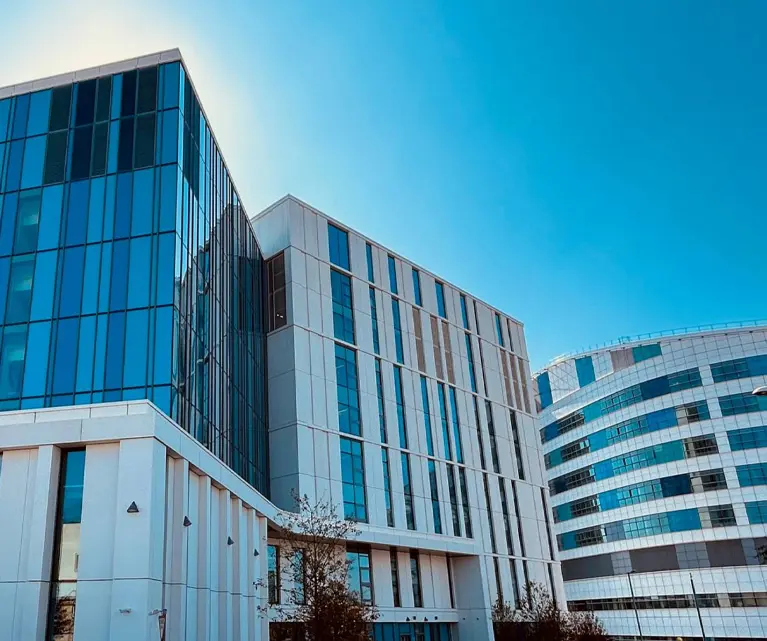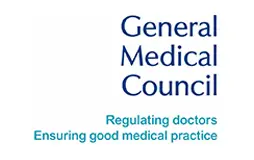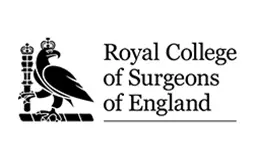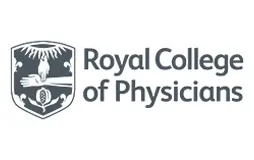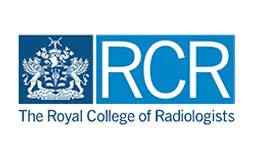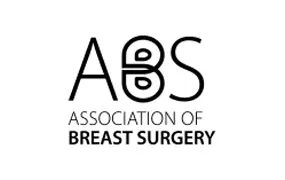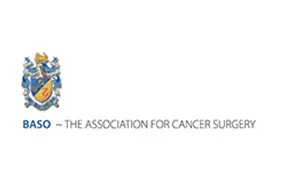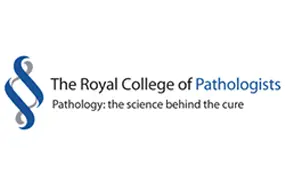Finding a lump in the breast often gives cause for concern. It’s important to get any lump checked as soon as possible, and at BBG we often carry out a ‘triple assessment’. This includes an examination (along with exploring details of your family history), imaging and tissue diagnosis.
It may be reassuring to know that it’s common for women to find lumps in their breast(s), and in many cases they are found to be non-cancerous (benign). These types of lumps can include:
- Fibroadenoma
- Cyst
- Fibrocystic change
- Lipoma
Other benign conditions of the breast include:
- Duct ectasia
- Periductal mastitis
- Phyllodes tumour
- Fat necrosis
- Breast Calcifications
- Breast pain (mastalgia)
BBG encourages women (and men) to check their breasts regularly for any changes in the way they look and feel. Not only does this give greater confidence at knowing what is normal, any change can be detected early on. Some women find the best time for a self-examination is when in a shower or bath, when applying body lotion or when getting changed.
The breasts should be checked by a doctor or another medical professional if any of the following occur:
- A change in breast size or shape
- A lump or area that feels thicker than the rest of the breast
- A change in skin texture such as puckering or dimpling (like the skin of an orange)
- Redness or rash on the skin and / or around the nipple
- Your nipple has become pulled in or looks different, for example changed its position or shape
- Liquid that comes from the nipple without squeezing
- Pain in your breast or your armpit that’s there all or almost all of the time
- A swelling in your armpit or around your collarbone

While the NHS is a fantastic institution, services are often stretched. Many patients choose private care to ensure diagnosis and treatment is achieved in a timely way. This allows the patient to receive consultant-delivered care with a doctor of their choice. Furthermore, the private environment is generally quieter and more personal. Finally, surgical techniques and other treatments may be available which are not supported or have been too recently developed to be available within the NHS.
Most healthcare insurers will cover treatment for breast concerns, including screenings, diagnostic tests, surgeries, and post-operative care, ensuring comprehensive support for individuals facing breast-related health concerns.
At BBG we welcome all patients with breast concerns, and in most cases, patients are able to be treated. It’s important to understand that all cases are approached individually, and a thorough consultation with one of our doctors / surgeons is required before any advice or treatment recommendations are made.
Our reputation is one of our most precious assets, and we are open and transparent with communication and decision making.
All of our doctors are registered with the GMC and the appropriate Royal Colleges. They work within large NHS Trusts with good reputations, as well as multiple private hospitals where there are stringent checks prior to employment. All doctors, surgeons and medical professionals are subject to yearly appraisals in order to continue practising.
All our cases are discussed within our multidisciplinary team (MDT) (link), who meet prior to any treatment taking place. This gives you peace of mind knowing that the treatment plan recommends the most appropriate treatment solution which has been agreed by multiple expert doctors in the breast field.
We only work at hospitals that have a robust COVID-19 safety policy and adhere fully to all government guidance.
Birmingham Breast Group can be contacted 24/7 via our website / on-line portal. Patients can fill out the form on our contact page, and one of our team will be in touch as soon as possible. We are also contactable by phone, which is operational between the hours of 9 a.m. and 5 p.m. Out of hours, a message can be left and one of our team will call you back.
A family history of breast cancer increases one’s risk due to inherited genetic mutations that predispose individuals to the disease. At BBG, patients can access comprehensive breast assessments, including screenings, diagnostic tests, and consultations with specialised professionals. Additionally, genetic testing is available to identify inherited mutations, enabling personalised risk assessment and tailored preventive strategies, enhancing early detection and intervention. This can help to improve outcomes and empower patients to make informed decisions about their health and well-being. Our team can be contacted via our website, by email or by phone.

